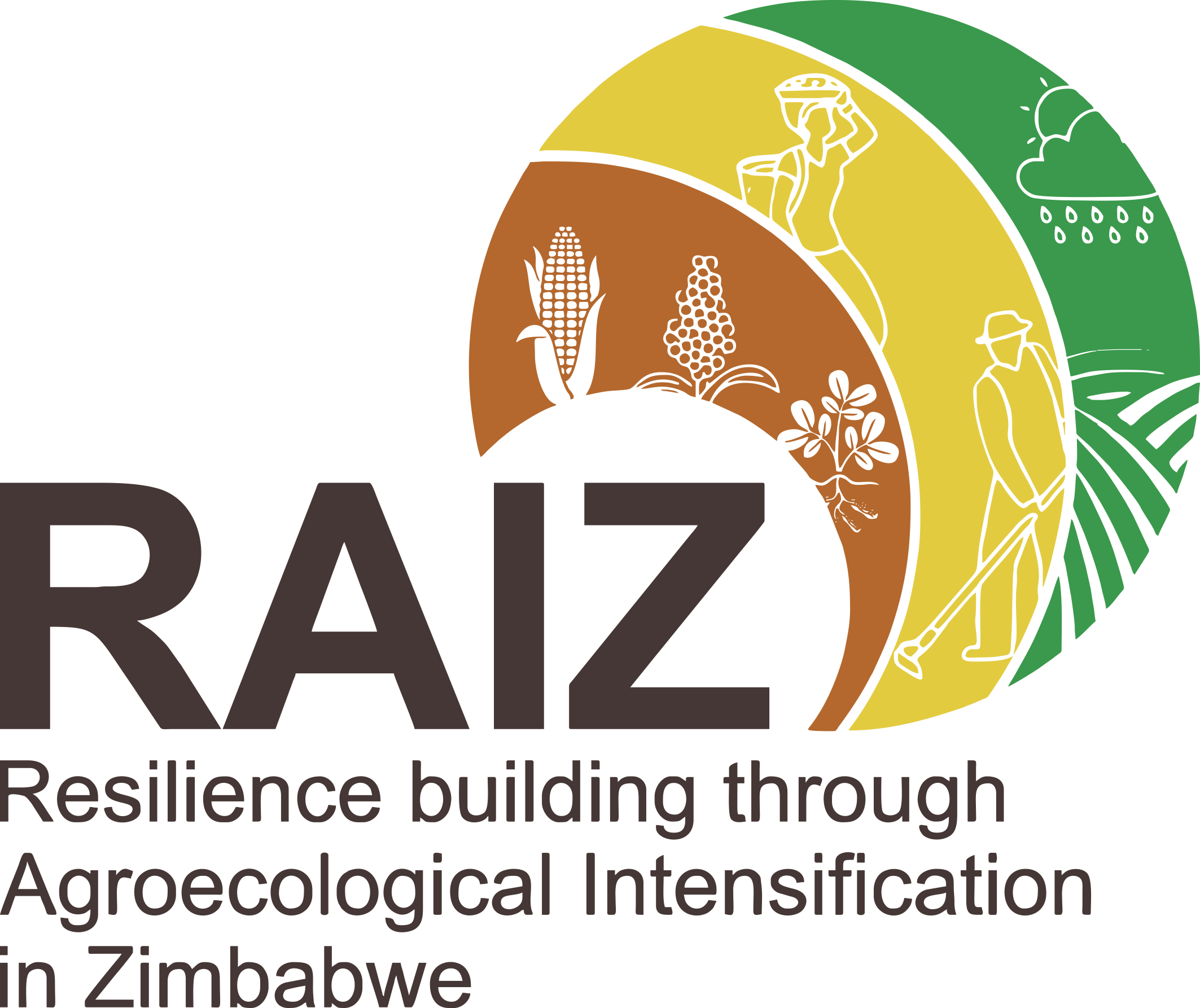Comparative analysis of weed species composition and diversity in groundnut (Arachis hypogaea L.) production under smallholder farming systems in North-eastern Zimbabwe.
Research question
What are the predominant weed species that are affecting farmers and lowering groundnut yields, and how much are smallholder farmers in various agroecological zones susceptible to weed pressure?
General context
Groundnut (Arachis Hypogaea L.) production by small holder farmers in Zimbabwe is continuously threatened by several factors which include weeds, limited soil fertility, irregular rainfall that increases the frequency of drought and diseases. The production of groundnut is threatened to a level that farmers get an estimated yield of 0.8t ha-1 this consistently jeopardize Zimbabwe’s food, economic security and nutrition. Weed dominance and fierce competition for nutrients, water, and light are because of farmer’s field management and changes in climatic conditions. This study aims to assess the ways in which weeds reduce groundnut productivity and cause low crop yields.
Importance of the research question
Weeds are destructive and insidious pest since they can significantly impede groundnut growth. Weeds may cause yield losses as high as 70% in groundnut. Weeds hinder pegging and compete with other plants for resources including water, nutrients, sunlight, and underground space. Furthermore, weeds that are not properly handled cause significant pod loss during harvesting by intermingling with and breaking pods from plants. It is challenging to develop practical control strategies without knowledge of the weeds that compete with groundnuts. The initial stage in developing various weed management strategies is the identification of weed species and communities, because various weed species require different means of control. Once more, the ability to identify weeds is essential as it helps determine the expected severity of the issue. The potential of weeds to affect yield and quality adversely or to have beneficial benefits may vary. Both grass and broad-leaved weeds have an impact on groundnut production. Major weed communities and the most competitive weed species in groundnut production, however, are poorly understood. The first step in creating weed control strategies for groundnuts will be to identify the weed species and communities that exist there.

Kelvin Chipoyi
Masters Student
Duration
2024-2026
Location
Agroecological regions II, III and IV (Murehwa & Mutoko)
Supervision
Main supervisor – Dr J.T. Rugare
Co-supervisors – Dr S. Mabasa, Ms J.C. Murimwa Prof R. Chikowo
Biography
Kelvin Chipoyi is a highly motivated student with a keen interest in agronomy and sustainable crop production. His academic success, including a BSc (Honours) Degree in Agronomy in the first-class division from University of Zimbabwe (UZ) in 2023, is a testament to his dedication, hard work, and problem-solving skills. As a passionate student, he is not only interested in the theoretical aspects of agronomy, but also in applying his knowledge to real-world challenges. In addition to his academic achievements, he is an active member of the Microbial Ecology Research Network in Zimbabwe (MERNZ and Zimbabwe Plant Breeders Association (ZPBA).
